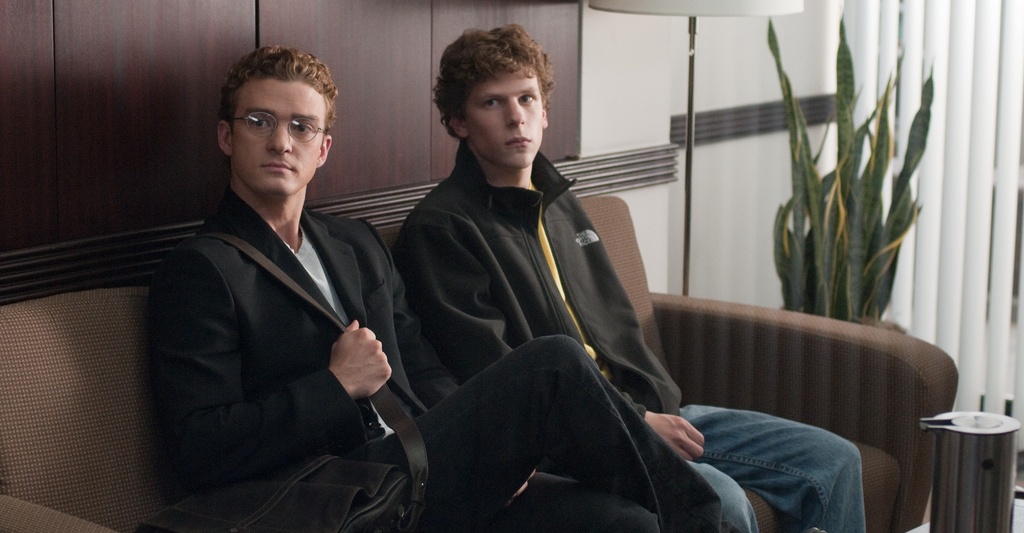TOM FRANCIS
REGRETS THIS ALREADY
Hello! I'm Tom. I'm a game designer, writer, and programmer on Gunpoint, Heat Signature, and Tactical Breach Wizards. Here's some more info on all the games I've worked on, here are the videos I make on YouTube, and here are two short stories I wrote for the Machine of Death collections.
Theme
By me. Uses Adaptive Images by Matt Wilcox.
Search

The Social Network
Written by the West Wing’s Aaron Sorkin, directed by Fight Club’s David Fincher, starring Zombieland’s Jesse Eisenberg, produced by Kevin Spacey for some reason, and perhaps the first and only film to co-star Justin Timberlake as the founder of Napster.
The fact that it’s about the founding of Facebook, which I’m aware is controversial but have no actual knowledge of, is ideal. “I will feel like I’m being informed about something I’m interested in,” I thought, “and be unable to refute any liberties the film takes with the truth, allowing me to enjoy it entirely.”
Yep, that happened.
The last Sorkin film I saw, Charlie Wilson’s War, was good but didn’t really have his stamp on it. Given that this is also a book adaptation, and also based on nonfiction, I figured that would be the case again. It’s absolutely not: the film opens on a conversation in a bar that would be utterly tedious if it were written by anyone else.
“Since we started on the topic of Final Clubs, I think I may have missed a birthday,” Zuckerberg’s girlfriend says, some way into it.
About a series of painful lawsuits, it doesn’t seem like an immediately funny topic. But right from the start, Sorkin finds masses to sink his teeth into: Zuckerberg’s morally bankrupt hot-or-not project, his withering dryness in the discovery sessions, his inability to stand in the same room as a Carribean themed party showing a loop of Niagara Falls.
And it’s strangely exciting. Knowing the world-changing degree to which the idea will ultimately explode makes their early celebrations of “600 members!” and the selling point of “exclusivity” tantalising to watch. And makes the ethics of the transgression all the more important.
As the film depicts it, Zuckerberg’s deception makes him absolutely guilty of something, and something we instinctively feel should undermine Facebook. But rationally, what’s shown in the film doesn’t constitute intellectual property theft. It’s just a sort of extreme breach of contract. If you had to convict him of anything beyond that, it’d be several counts of – as the film eloquently puts it – “trying really hard to be an asshole”.
Painting the whole thing as an attempt to impress an ex-girlfriend is mawking it up a little, but at the same time I do buy the frowny nerd rage it entails. Eisenberg does a great impression of the kind of balled up neuroses that really do drive a certain type of genius to do something spectacular with his good ideas. Whether that’s a hint of authenticity or just good acting, I don’t know.
More Brevity Week
